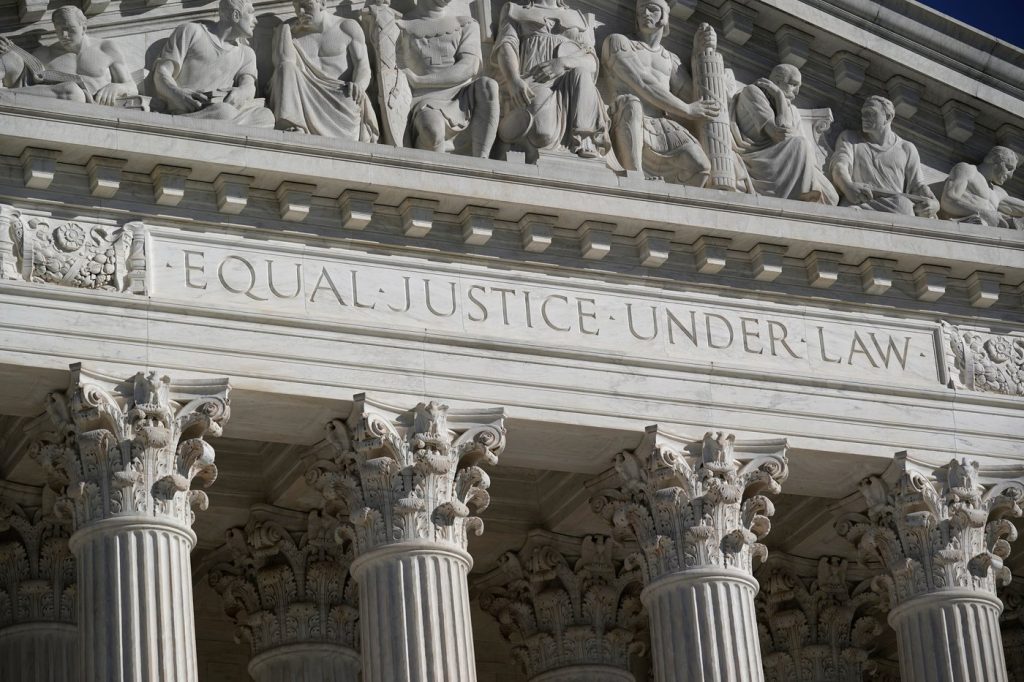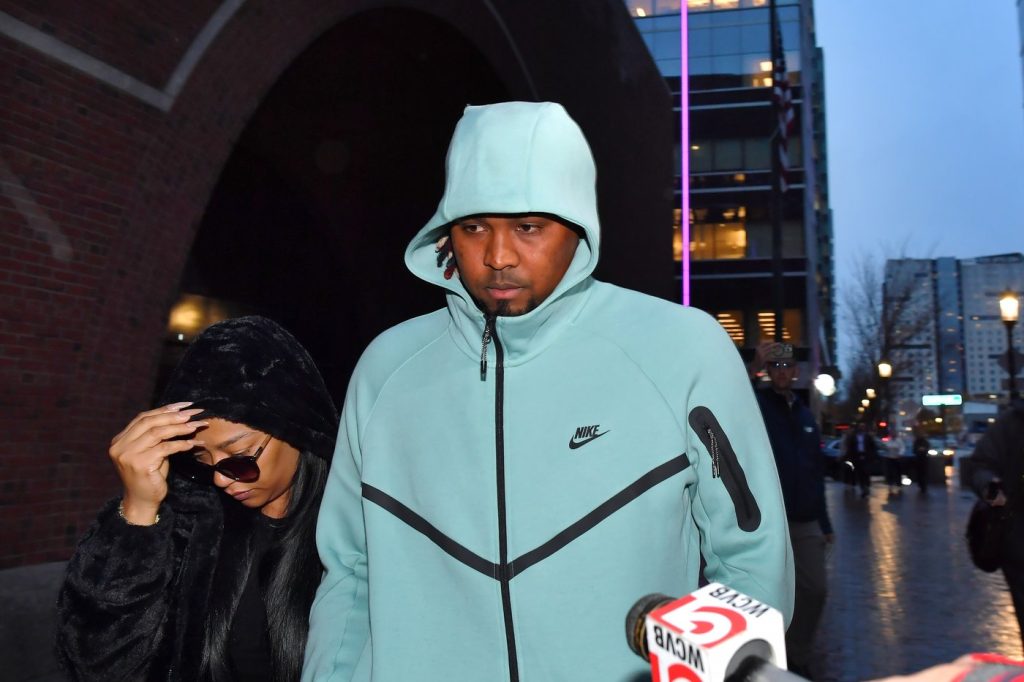On Monday, the U.S. Supreme Court agreed to take on a significant case regarding the counting of late-arriving mail ballots, an issue that has attracted considerable attention and controversy, particularly from former President Donald Trump. The case originated from Mississippi, where a panel of judges on the 5th U.S. Circuit Court of Appeals, appointed by Trump, ruled that state law permitting the counting of ballots received shortly after Election Day was in violation of federal law.
Currently, Mississippi is one of 16 states and the District of Columbia that allow mail-in ballots to be counted if they are received after Election Day, provided they are postmarked on or before that date, as confirmed by the National Conference of State Legislatures. In addition to these states, 14 others permit the counting of late-arriving ballots for certain eligible voters, including overseas U.S. service members and their families. A filing from Democratic-led states advocating for the justices to overturn the appellate ruling notes the significance of this counting practice.
The Supreme Court is expected to hear the case in late winter or early spring, with a final decision anticipated by late June. This timeline is crucial, as it will likely influence the counting of ballots during the upcoming 2026 midterm congressional elections. Mississippi Attorney General Lynn Fitch emphasized the potential national ramifications of the appellate ruling, warning that it could disrupt the electoral process. She noted that ballots received after Election Day could significantly affect close races and alter the nation's political landscape.
In recent months, Trump has voiced concerns over late-arriving ballots and prolonged election counts, claiming they erode public confidence in the electoral system. In March, he signed an executive order aimed at ensuring that votes must be both “cast and received” by Election Day, although this order is currently facing legal challenges.
The challenge to the Mississippi law has been spearheaded by the Republican National Committee and the Libertarian Party of Mississippi. A federal court previously dismissed a similar challenge regarding Nevada's voting laws, but this decision is also under appeal. Complicating matters, the Supreme Court is simultaneously reviewing a lawsuit filed by Representative Mike Bost, R-Ill., which is backed by the Trump administration and contests Illinois' ballot receipt law, raising questions about the congressman's legal standing to sue.
Across the country, some Republican-led states, including Kansas and North Dakota, have implemented measures to stop the counting of late-arriving ballots. Additionally, in Ohio, Republican lawmakers are pushing legislation that would mandate the receipt of ballots by Election Day, thereby closing the window for mail-in ballots, a measure that has already passed the state Senate.
The Mississippi case features Judge Andrew Oldham’s opinion for the appellate panel, which asserts that Congress established a “singular” Election Day for federal elections, thereby stipulating that ballots must be both cast by voters and received by state officials by that date. Judges James Ho and Stuart Kyle Duncan joined Oldham in invalidating the state's law. Their ruling overturned an earlier decision by U.S. District Judge Louis Guirola Jr., who found no conflict between state and federal laws regarding ballot counting after Election Day.
The complexities surrounding voting rights, mail-in ballot procedures, and election integrity continue to spark intense debate across the United States. As the Supreme Court prepares to weigh in on this issue, its upcoming decision will undoubtedly have implications not just for Mississippi, but also for the broader discussion on election laws in the nation.












